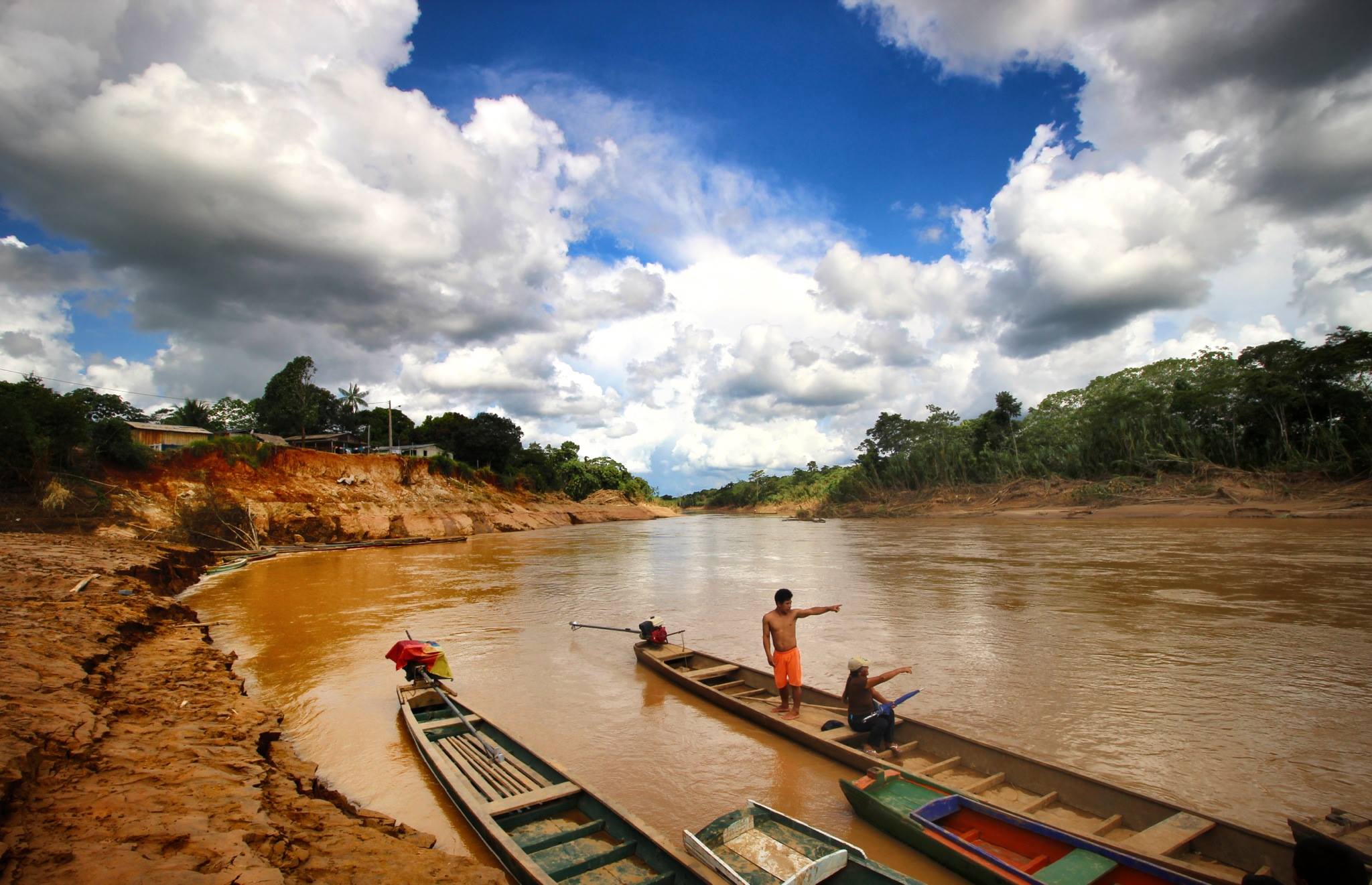
I am an assistant professor of cultural anthropology at Cal Poly Humboldt. My scholarship and pedagogy as a whole is centered on engaged and applied work in cultural anthropology, and my most recent projects have focused on environmental and public health, precarious labor, and global development with geographic foci on Andes-Amazonia and Central America.
My current research interests include: Ecotones and multispecies ethnography, polluted waterscapes and ecological embodiment, disposability and precarity, critical discard studies, infrastructures, illicit economies of labor, migration and work, green economies, the Anthropocene, and urban ecologies.
Andes-Amazonia Peru
I have been conducting anthropological research in the Peruvian Amazon for over a decade. Funded by a Fulbright- Hays DDRA, my dissertation “Extraction, Conservation, and Household Multiplicity in the Peruvian Amazon” is an ethnographic study of contingent, informal labor in the Amazonian region of Madre de Dios. Driven by theories of household ecology and social reproduction, my research brings to light how Andean migrant households creatively shift between formal employment in wildlife conservation and illicit labor in the extractive industries of gold mining and logging.

Costa Rica

At my field site in Costa Rica, I have been collaborating with multiple interdisciplinary scientists, including microbiologists, marine scientists, engineers, and colleagues in Anthropology to examine impacts of wastewater pollution on human health in a recreational coastal area, with the goal of improving beach management and public health. You can read more about this collaborative applied research on the MERA website.
Humboldt County/Pacific Northwest
In this collaborative project, we engage with the biological concept of ecotones to understand the complex mosaic of community ecologies involving humans and other animal species in the Emerald Triangle of Northern California, which is the largest cannabis-producing area of the United States. Ecotones are where different biological communities, ecosystems, or biotic regions meet. We examine social life in these contact zones to consider how different assemblages of biological species have been reshaped through the expansion of capitalist development of the Redwood Coast.

